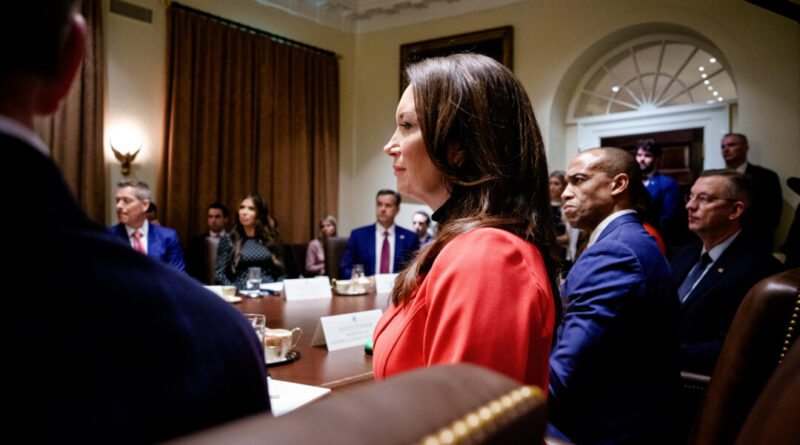USDA Abandons $3 Billion Initiative for Climate-Focused Agriculture
“It has become evident that a significant number of these projects feature exorbitant administrative fees,” the agency stated.
On April 15, the U.S. Department of Agriculture (USDA) revealed that it has terminated a $3.1 billion climate-focused farming initiative after determining that it was not in accordance with the priorities set by the Trump administration.
The funding was distributed across 135 projects nationwide, also promoting practices aimed at carbon sequestration, reducing methane emissions, and other climate-conscious efforts, as per the USDA’s project dashboard. The Biden administration anticipated that this climate initiative would benefit around 60,000 farms, leading to a reduction of millions of metric tons of carbon dioxide.
However, the USDA stated that overseeing this initiative was costly, leading to its cancellation following a “comprehensive line-by-line review of each of these partnerships established during the Biden era.”
The USDA cited the need to reduce what it termed bureaucratic red tape for farmers. It further noted that many projects provided inadequate financial support to farmers while incurring excessive administrative expenses.
“It became evident that the majority of these projects were burdened with high administrative fees, often delivering less than half of the federal funding directly to farmers,” the USDA declared in a statement.
The USDA indicated that some projects under the initiative might persist if the agency determines that funding will indeed reach farmers. The agency emphasized its intention to support farmers in alignment with the policies of the Trump administration.
“The Partnerships for Climate-Smart Commodities initiative was largely established to promote what has been termed the ‘green new scam’ for the benefit of NGOs, rather than American farmers,” USDA Secretary Brooke Rollins stated, noting that farmers’ concerns were often subordinated to climate interests.
Rollins mentioned that during her tenure as USDA head, farmers expressed feeling “overburdened by red tape” and highlighted the need for simpler reporting to access these programs.
Some projects may continue under adjusted terms, or grantees could reapply for a revamped version of the program, provided they can demonstrate that at least 65 percent of their funding will be allocated to farmers and that a payment has been issued to a farmer by December 31, 2024, according to the statement.
“American energy dominance is jeopardized when state and local governments attempt to regulate energy outside their constitutional or statutory boundaries,” Trump’s order stated.




